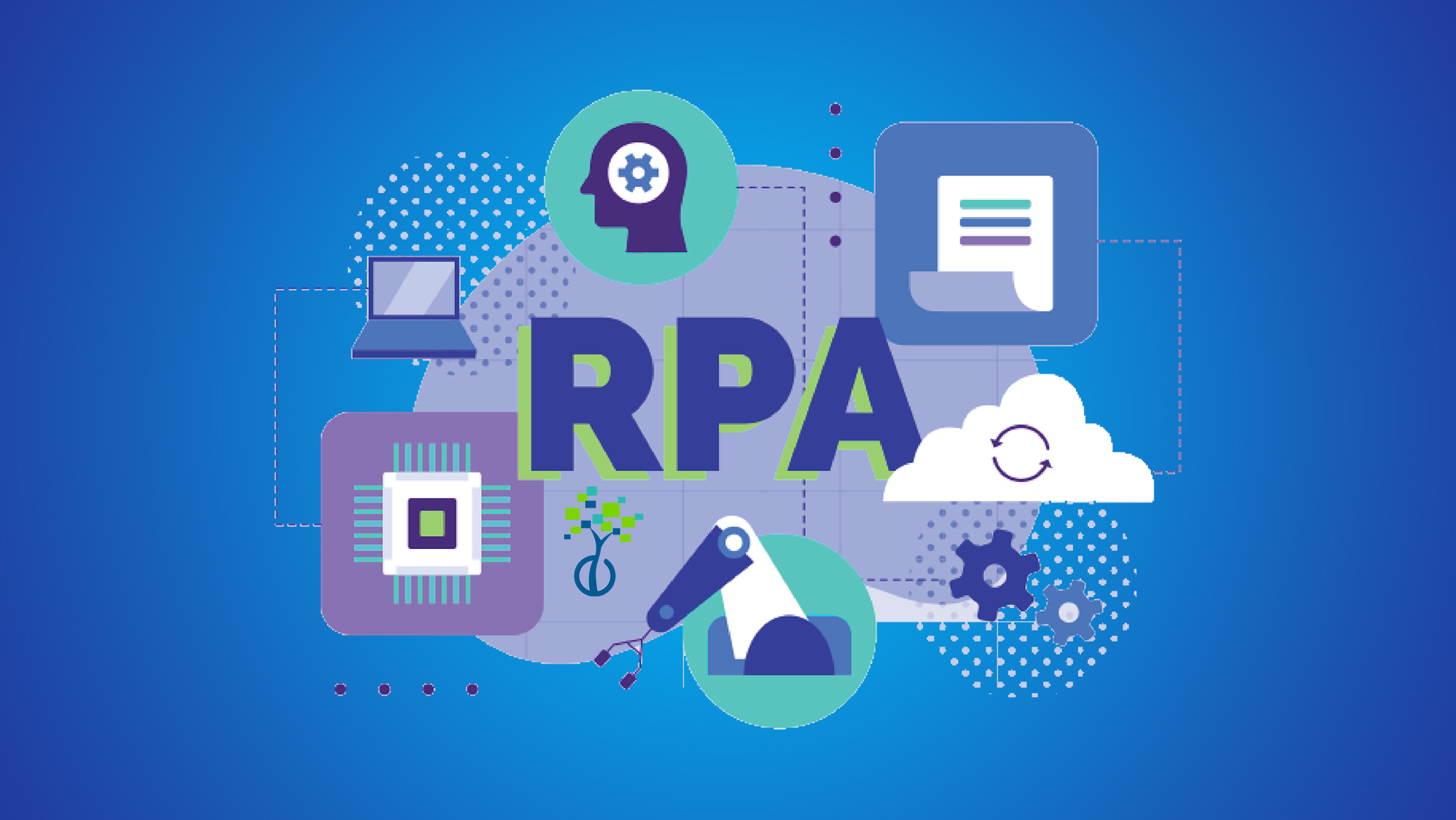Robotic Process Automation (RPA) has become an increasingly popular solution for organizations looking to streamline their operations and reduce costs. RPA allows businesses to automate repetitive and time-consuming tasks, freeing up valuable time for employees to focus on more strategic activities. In this blog, we'll explore 10 benefits of implementing RPA in your organization.
- Increased Efficiency: RPA bots can work 24/7, without taking breaks or making mistakes, which allows for faster and more accurate completion of tasks. This leads to increased efficiency and productivity, allowing employees to focus on higher-value activities
- Cost Savings: By automating tasks, organizations can reduce their operational costs by up to 70%. This is due to a reduction in labor costs and an increase in process efficiency, resulting in fewer errors and faster completion times.
- Improved Accuracy: RPA bots are programmed to follow specific rules and processes, reducing the likelihood of errors that can occur when tasks are performed manually. This leads to improved accuracy and a reduction in errors, which can be costly for businesses.
- Increased Scalability: RPA bots can be quickly scaled up or down based on the needs of the organization. This makes it easy to handle sudden spikes in workload or to scale down during slower periods.
- Enhanced Customer Experience: By automating tasks, RPA can help improve the customer experience by reducing response times and providing more accurate information. This can lead to higher customer satisfaction rates and improved brand loyalty.
- Reduced Cycle Time: RPA can reduce the time it takes to complete a task, allowing organizations to process more work in less time. This leads to improved process efficiency and faster cycle times.
- Improved Compliance: RPA can help ensure compliance with regulations and guidelines by reducing the risk of errors and inconsistencies in processes. This can help organizations avoid costly fines and legal issues.
- Better Data Analytics: RPA can help improve data accuracy and consistency, making it easier to analyze and interpret data. This can lead to better insights and decision-making, allowing organizations to make more informed choices.
- Increased Employee Satisfaction: By automating repetitive and mundane tasks, employees can focus on higher-value activities, which can lead to increased job satisfaction and morale.
- Competitive Advantage: By implementing RPA, organizations can gain a competitive advantage by reducing costs, improving efficiency, and enhancing the customer experience. This can help them stay ahead of the competition and drive business growth.
In conclusion, RPA offers many benefits for organizations looking to streamline their operations and reduce costs. By automating repetitive and time-consuming tasks, businesses can improve efficiency, accuracy, and scalability, while also improving the customer experience and gaining a competitive advantage in the market.

No Comments Yet
Let us know what you think